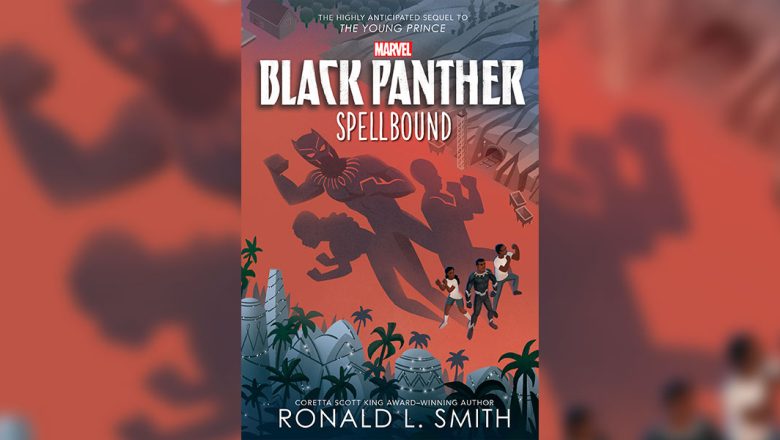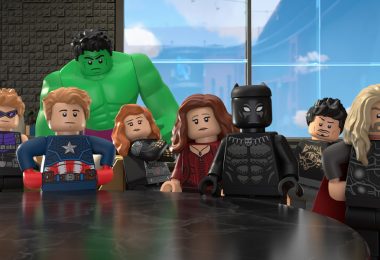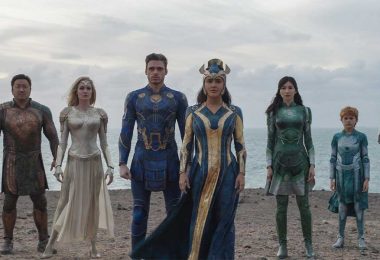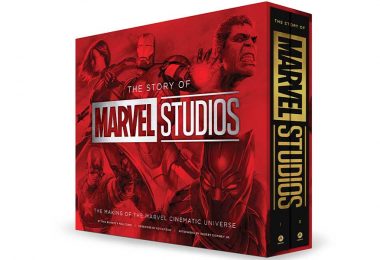By the D23 Team
What is it like to grow up as the prince of Wakanda? Dive into the life of young T’Challa in Black Panther: Spellbound, a new novel that follows 13-year-old T’Challa on a trip to America to visit his friends Sheila and Zeke in Alabama. He’s thrilled to be on vacation, away from his duties as the Prince of Wakanda for a few weeks, and he’s taking full advantage of his access to the amazing food and the South’s rich history. But as T’Challa continues to explore the town, he uncovers a mystery—and an unexpected and evil villain that only he and his friends can stop before it’s too late!
To get the inside details on this book, which is now available for purchase, we chatted with author Ronald L. Smith about bringing T’Challa to America, creating new villains, and more:
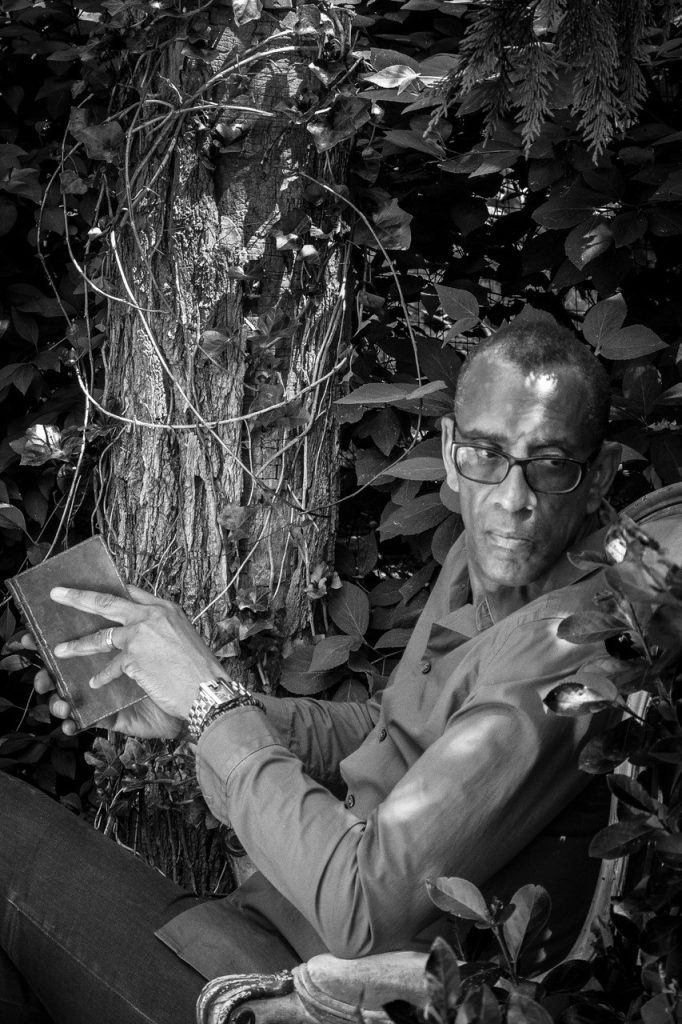 D23: The Official Disney Fan Club: The first book in The Young Prince series introduced us to 13-year-old T’Challa, and this book continues his journey. What have been the challenges—and the rewards—of reverse-engineering the Black Panther we know back to his teen years?
D23: The Official Disney Fan Club: The first book in The Young Prince series introduced us to 13-year-old T’Challa, and this book continues his journey. What have been the challenges—and the rewards—of reverse-engineering the Black Panther we know back to his teen years?
Ronald L. Smith (RLS): The challenge is to write a fun and compelling story, as all writers would say. But more specifically, we all know the Black Panther as an adult and King of Wakanda, so the challenge is to make him a fully realized character as a young person. What drives him? What are his fears? These are the challenges. He’s a blank slate, in a way, so the reward is making him a flesh and blood character kids can relate to.
D23: Your first book took T’Challa out of Wakanda and to Chicago. This time around, you’re bringing him to small-town Alabama, with a focus on the region’s food and history. Why did you choose this location, and what was it like depicting it through T’Challa’s eyes?
RLS: Well, selfishly, I wanted T’Challa to come back to America. There’s so much he hasn’t seen or experienced here. And since I know the South, I thought it would be a good place to drop him into: the food, the slang, the weeping willow trees would all be eye-opening for him. It’s culture shock. It also provides opportunity to tell a deeper story of civil rights and the history of race in America and how it differs from Wakanda’s own past. Also, seeing these things through T’Challa’s lens allows young readers to think and learn about history in a medium that is not intimidating (fantasy books, as opposed to a textbook).
D23: You’ve brought a wonderfully creepy vibe to the villain in this book, as what starts with a mysterious man named Bob becomes something much more frightening. How do you come up with ideas you know will scare readers? And has putting T’Challa in frightening situations opened up new aspects of the character?
RLS: I try to think of what scares me and then put it on the page! It’s kind of cathartic, I guess. Caves, tunnels, abandoned mines, all places where the dark is waiting…
We get to learn more about T’Challa in these situations. Is he afraid? Is he as brave as his father? Does he face his fears head-on? He’s not the Black Panther yet, so he has a lot to live up to, in his eyes. Above all, he’s loyal to his friends, and also wants his father to be proud of him. That certainly opens up new areas to explore with the character.
D23: Wakanda is often considered a key part of the Black Panther story—but your series has created some interesting contrasts by taking T’Challa to America. What new aspects of his character, and what aspects of Wakanda vs. America, has removing T’Challa from his homeland allowed you to explore in these books?
RLS: Well, in Wakanda, he is the son of King T’Chaka and Queen Ramonda. He’s privileged. He probably gets everything he wants. But in the States, he’s just a kid. No bodyguards. No fancy clothes and riches. So that’s what I wanted to explore with this series. What’s he like when all of his privilege is stripped away? It opens up a world of possibilities. It’s fun to explore the differences between the two countries. It’s also fun to see his two friends, Zeke and Sheila, tease him about his royal background.
D23: Speaking of: T’Challa’s relationship with Zeke and Sheila deepens in this book, especially as he meets Sheila’s family. These characters have such different backgrounds; how, as an author, do you create different points of view and build relationships between varied characters like this?
RLS: I think writers use all kinds of tools to help make their characters appear real on the page. I borrow from friends and family, of course—but also, we writers store up information: snippets of conversation, real-life conflicts. All these are part of a writer’s toolbox. With Zeke and Sheila, I thought back to my own middle school years. My hopes and fears and hobbies. It’s all universal. The trick is to get readers to believe the characters are living and breathing in the story.
D23: This is the middle book of a trilogy, concluding with Uprising, coming out later this year. How do you manage writing books that can be read and enjoyed on their own, while also telling a larger story?
RLS: Honestly? I envy writers who can tell one story over several books. I wonder how they do it. The Young Prince series is different. While the characters grow with each book, the main conflict for each novel is solely different. Each book has its own central plot and themes, while telling a wholly original story. So they don’t have to be read in order. I hope readers do, though, because each one builds a little on the experiences of the previous. But you can jump in at any time and still get a great read, I hope!
Black Panther: Spellbound is now available for purchase.


